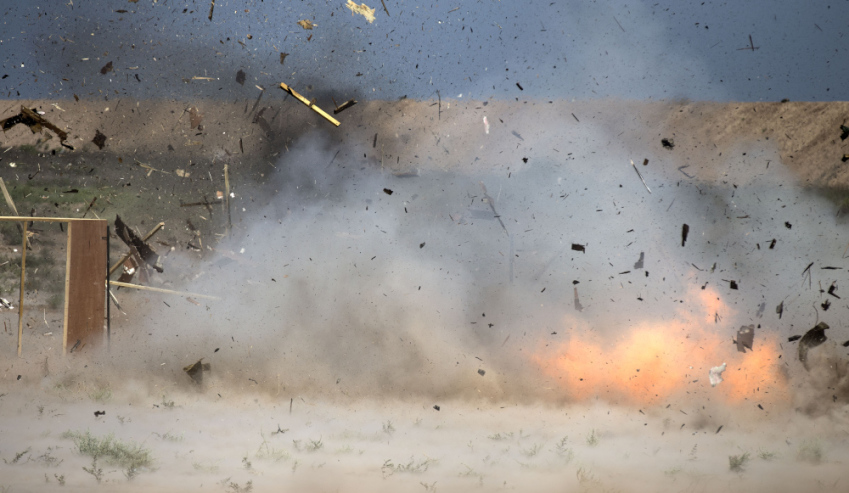The parliamentary joint committee on intelligence and security (PJCIS) has tabled a report supporting the listing of Islamic State East Asia as a terrorist organisation under the Criminal Code Act.
To continue reading the rest of this article, please log in.
Create free account to get unlimited news articles and more!
The listing of Islamic State East Asia makes it a criminal offence to be a member of, participate in or provide support to the organisation.
Chairman of the committee Andrew Hastie said, "Islamic State East Asia is comprised of a number of extremist groups that have publicly pledged allegiance to Islamic State. We have seen increasingly violent attacks committed by the group in the Philippines very similar to those conducted by Islamic State in Syria and Iraq.
"The committee was satisfied that Islamic State East Asia meets the relevant thresholds to be listed as a terrorist organisation."
The move comes after PJCIS re-listed Boko Haram and Islamic State as terrorist organisations under the Criminal Code Act, and the declaration of Jabhat al-Nusra under the Australian Citizenship Act in October this year.
The Australian National Security website lists the following as the most significant attacks for which Islamic State East Asia is responsible:
- 21 June 2017: attacking a military outpost in Pigcawayan, Cotabato Province, taking five hostages following the attack;
- June 2017: executing a number of hostages in orange jumpsuits in Marawi City for being Christian, with an image of the hostages being shown in Islamic State's propaganda magazine, Rumiyah;
- 23 May 2017: conducting a large-scale attack in Marawi City, Philippines, where they killed a large number of security officials and civilians, raising the Islamic State flag in some locations throughout the city. Islamic State subsequently published an account of this attack in its magazine, Rumiyah 11;
- 26 November 2016: occupying the Butig town hall and raising the Islamic State flag;
- 2 September 2016: bombing a market in Davao City killing 15 and injuring 69;
- 28 August 2016: attacking a prison in Marawi City, rescuing eight members of the Maute Group; and
- 11 April 2016: beheaded two hostages in orange jumpsuits in Lanao, Philippines, mimicking a style of murder used by Islamic State.
The PJCIS also presented its Annual Report of Committee Activities for 2016-17.
The annual report outlines the committee’s key achievements in 2016-17, which include inquiries into reforms to Australia’s national security legislation, ongoing statutory oversight of the Australian intelligence agencies, reviews of the listing of terrorist organisations, and a review of the declaration of Islamic State as a terrorist organisation under the Australian Citizenship Act 2007.

 Login
Login







